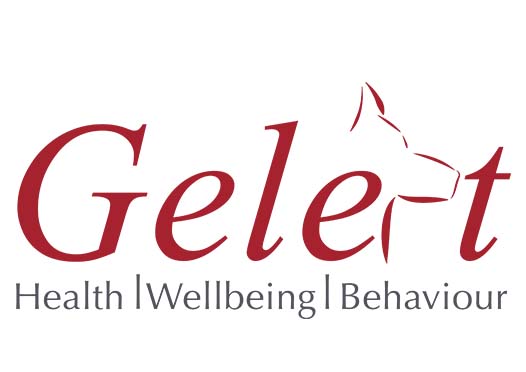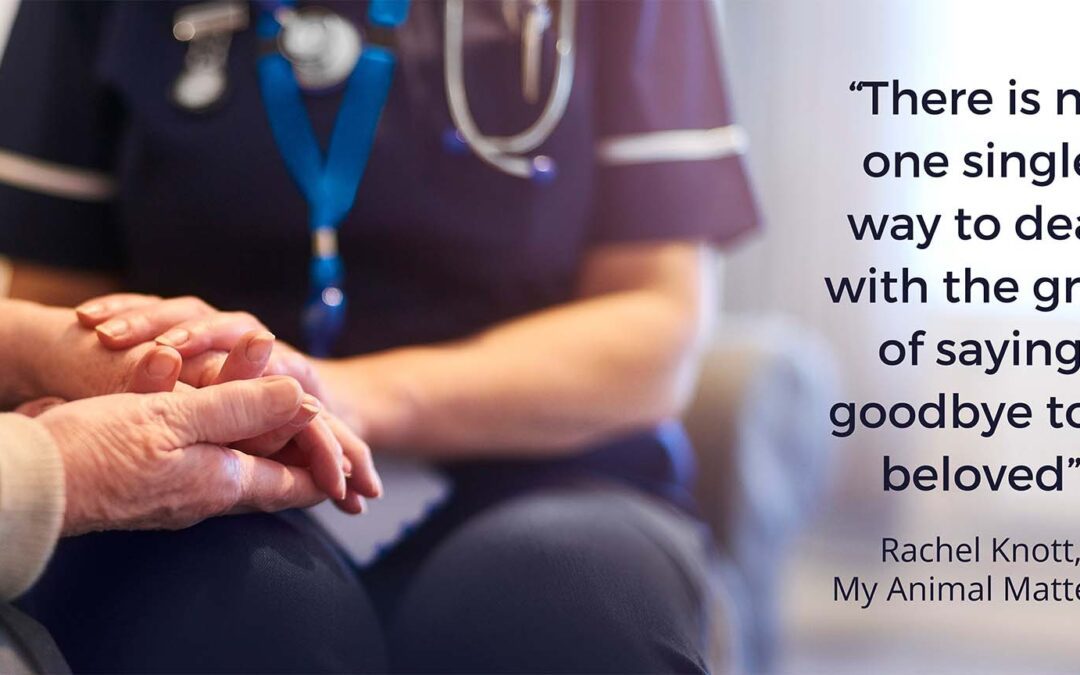“There is no one single way to deal with the grief of saying goodbye to a beloved”. This is the start of a beautiful post by Rachel Knott of My Animal Matters.
Some of you may know that I am writing a book about the end of animals’ lives. It’s something that, as a Registered Veterinary Nurse, I have had the privilege of sharing with many distraught care givers and it’s never, ever easy, no matter what the circumstances may be. I’m really passionate about discussing the end of life long before it’s likely to be relevant (something that many people find strange and disturbing, it’s such a taboo in our culture). Part of my reasoning is that there are so many important things to consider which can make the experience beautiful and part, that it’s a certainty that anyone choosing to share their lives with a pet is going to experience. Often, many times. I want to make people aware that they have choices to make on behalf of their pet and that being proactive and involved can make the experience less alarming for themselves as well as their pet. This requires thought – what is right for you and your pet won’t necessarily suit me and mine.
Of course, losing a much-loved friend (of any species) is distressing, but how we prepare for that loss and how we frame the absence of the physicality of that friend can make the world of difference to the experience. Something as simple and practical as knowing what to expect at the end of your pet’s life can take away a lot of distress – many people have no clue what the process of euthanasia or a natural death (all too rare, that’s a whole other subject!) looks like and so they are genuinely terrified. That means the experience is awful for them and their beloved companion. Many people can’t return to the same veterinary practice as a result, it’s just too traumatic.
Knowing what to expect yourself to feel is also important. Grieving is absolutely normal and vital. It doesn’t matter what species of friend you have lost, human or animal. Rachel describes grief as “love with nowhere to go” and I think that’s a beautiful and important idea. I have been supporting a lovely client following the loss of her very dear dog. Although it was expected, it happened rather more suddenly than anyone had anticipated. Of course, it came as a horrible shock as a result. The absence of his physical presence was really hard for her. After a couple of months, curiosity arose about a puppy, and like so many people, this brought up feelings of guilt. I was talking to Dr Isla Fishburn about this very recently, and she said something that really resonated with me. She describes the end of life as “returning to spirit” and that “spirit” is simply love. So the spirit of a much-loved pet (who will have returned that love to their humans many times over in the very purest sense) would want nothing more than for their human to love and be loved by another. The feelings of betrayal that so many of us feel when considering another pet just don’t feature in the minds or souls of our animal companions.
Rachel’s advice about grief is so helpful:
“Give yourself time and allow the feelings of loss and sadness to be there. Talk about them (the friend whose life has ended) every day; cry and laugh at random moments. All emotions are valid and make up the rich tapestry of life. Remember them, connect with them, be present and enjoy the adventures life still has to offer you in this new stage. Grieve their absence, grief is love with nowhere to go. Channel that love – what brings you joy? What makes you feel excited? What gives you peace? Do more and more of these things. This is the greatest honour to their passing and to your embodiment of life”
I’m inspired to think about this in the most practical sense because two of my dogs are very old (more than 17 and just turned 16). Like everyone, I hope that they will simply slip away in their sleep but I also know that in all probability, I am going to have to decide when the time is right to call the vet for euthanasia. I have a very precise idea of what I want from my vets (I’m very lucky, they will come to the house – that’s not what everyone would want, but it’s very important for my dogs). I have a selection of homoeopathic remedies and essential oils available to help everyone remain calm and centred, and I will be with them throughout. No one could separate me from them at this critical point in their lives. I’ve thought about what will happen to their physical remains and they both know they can tell me when they are ready to go. I don’t want them to, of course, but after such a long time together, all I can now do is meet as many of their present needs as is humanly possible and accept that the time isn’t far away when I won’t see them any more. However unbearable that thought is, it will happen and it needs to be a beautiful time for all involved. That is possible, with careful thought.
Morag Sutherland RVN DMS Cert SAN

